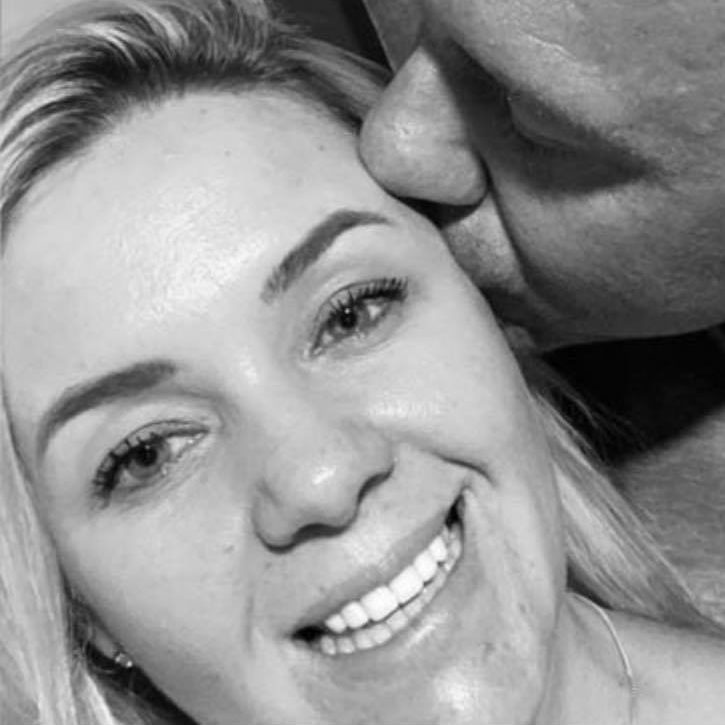Exploring Natural Solutions with Acupuncture and Auriculotherapy for Lasting Relief
Chapter 1: Introduction to Migraines
• What is a Migraine?
• Definition and Symptoms of Migraines
• How Migraines Differ from Regular Headaches
• The Prevalence of Migraines in Men and Women
• Statistics and Gender Differences
• The Impact on Quality of Life
Chapter 2: The Biology of Migraines
• Understanding the Migraine Process
• Neurovascular Mechanisms Behind a Migraine
• Triggers and Pathophysiology
• Common Symptoms Beyond the Headache
• Aura, Sensory Disturbances, and Nausea
Chapter 3: Common Triggers of Migraines
• Environmental and Lifestyle Factors
• Stress, Diet, and Sleep Patterns
• Hormonal Triggers
• The Role of Estrogen in Women and Hormonal Fluctuations
• Other Triggers
• Weather, Food, and Sensory Inputs
Chapter 4: Migraines in Men vs. Women
• Why Migraines Are More Common in Women
• Hormonal Factors and Menstruation
• Pregnancy, Menopause, and Migraines
• Migraine Patterns in Men
• Prevalence, Duration, and Severity Differences
• The Role of Testosterone and Male Hormonal Cycles
Chapter 5: The Psychological and Emotional Impact of Migraines
• Mental Health and Migraines
• Anxiety, Depression, and Migraine Symptom Severity
• Impact on Relationships, Work, and Daily Life
• The Strain of Chronic Migraine on Emotional Well-Being
Chapter 6: Conventional Approaches to Migraine Treatment
• Pharmacological Treatments
• Pain Relief Medications, Preventive Drugs, and Abortive Therapy
• Non-Pharmacological Treatments
• Lifestyle Modifications and Stress Management Techniques
• Limitations of Conventional Treatment
• Side Effects, Tolerance, and Long-Term Dependency
Chapter 7: The Role of Acupuncture in Treating Migraines
• How Acupuncture Works
• Principles of Traditional Chinese Medicine (TCM) in Migraine Treatment
• Balancing Qi and Blood Flow to Relieve Migraine Symptoms
• Acupuncture Points for Migraine Relief
• Key Points Used in Treating Headaches and Migraines
Chapter 8: Auriculotherapy for Migraines
• What is Auriculotherapy?
• The Science Behind Ear Acupuncture
• How It Differs from Traditional Acupuncture
• Effective Auricular Points for Migraines
• Specific Points to Relieve Pain and Prevent Attacks
• Case Studies and Success Stories
• How Auriculotherapy Has Helped Migraines in Both Men and Women
Chapter 9: Lifestyle Factors and Natural Treatments for Migraines
• Nutrition and Hydration
• Foods to Avoid and Foods That Can Help Prevent Migraines
• Exercise and Stress Management
• Yoga, Meditation, and Relaxation Techniques for Migraine Prevention
• Sleep Hygiene
• The Importance of Restful Sleep in Preventing Migraines
Chapter 10: Acupuncture for Women’s Migraines
• Hormonal Influences on Migraines in Women
• Menstruation, Pregnancy, and Menopause
• Acupuncture Points to Address Hormonal Migraines
• Targeting Hormonal Imbalances and Regulating the Menstrual Cycle
• Acupuncture in Preventing Menstrual Migraines
• Case Studies and Effectiveness
Chapter 11: Acupuncture for Men’s Migraines
• Unique Triggers and Patterns of Migraines in Men
• Hormonal Differences, Stress, and Genetic Factors
• Acupuncture Techniques for Male Migraines
• Addressing Stress, Tension, and Hormonal Imbalances in Men
• Personalized Treatment for Men’s Migraines
• Acupuncture Protocols and Male-Specific Migraine Relief
Chapter 12: Chronic Migraines and Preventative Acupuncture
• What Defines Chronic Migraines?
• Frequency, Severity, and Long-Term Management
• Preventative Acupuncture Protocols
• Acupuncture as a Preventive Treatment for Chronic Migraines
• Combining Acupuncture with Conventional Treatments
• Enhancing Medication Efficacy and Reducing Dependency
Chapter 13: Managing Migraines During Pregnancy
• Migraines During Pregnancy: Causes and Considerations
• Hormonal Changes and Pregnancy-Related Migraine Triggers
• Acupuncture During Pregnancy
• Safe Acupuncture Techniques to Manage Migraines
• Natural Remedies and Precautions for Pregnant Women
Chapter 14: Menopause, Migraines, and Hormonal Shifts
• The Role of Estrogen Decline in Menopausal Migraines
• How Hormonal Changes Influence Migraine Frequency and Intensity
• Acupuncture for Menopausal Migraines
• Balancing Hormones and Managing Hot Flashes, Mood Swings, and Migraines
• Herbal Remedies and Lifestyle Tips for Menopausal Women
Chapter 15: The Differences Between Conventional Medicine and TCM in Migraine Treatment
• Conventional Medicine’s Approach to Migraines
• Focusing on Symptom Relief and Medication
• Viewing Migraines as a Neurological Condition
• Traditional Chinese Medicine’s Philosophy on Migraines
• The Role of Qi, Blood Flow, and Organ Systems in TCM
• How TCM Views Migraine Causes in Men vs. Women
• Integrating TCM and Conventional Medicine
• A Balanced Approach to Migraine Treatment
Chapter 16: Building a Holistic Treatment Plan for Migraines
• Combining Acupuncture, Lifestyle Changes, and Conventional Care
• A Comprehensive Approach to Long-Term Migraine Management
• Tracking Your Migraines and Treatment Effectiveness
• Journaling Symptoms, Triggers, and Acupuncture Sessions
• Customizing Treatment Based on Gender and Individual Needs
Chapter 17: The Future of Migraine Treatment: Advances in Research and New Approaches
• Emerging Studies on Acupuncture and Auriculotherapy
• The Growing Body of Evidence Supporting Acupuncture for Migraines
• New Frontiers in Migraine Medication and Therapies
• Non-Pharmacological and Interdisciplinary Approaches
• What the Future Holds for Migraine Sufferers
• How Integrative Medicine is Shaping the Future of Migraine Care
Chapter 18: Living with Migraines: Empowering Yourself for Better Health
• Taking Control of Your Migraines
• Steps to Minimize Impact and Maximize Quality of Life
• Mind-Body Techniques for Managing Migraines
• Mental Resilience, Self-Care, and Stress Management
• Finding the Right Treatment Plan for You
• Working with Healthcare Providers and Acupuncturists to Find Your Path to Relief
Conclusion: A Path Forward in Migraine Relief
• Empowering Yourself with Knowledge and Treatment Options
• Achieving Balance and Relief with Acupuncture, Lifestyle, and Conventional Medicine












































